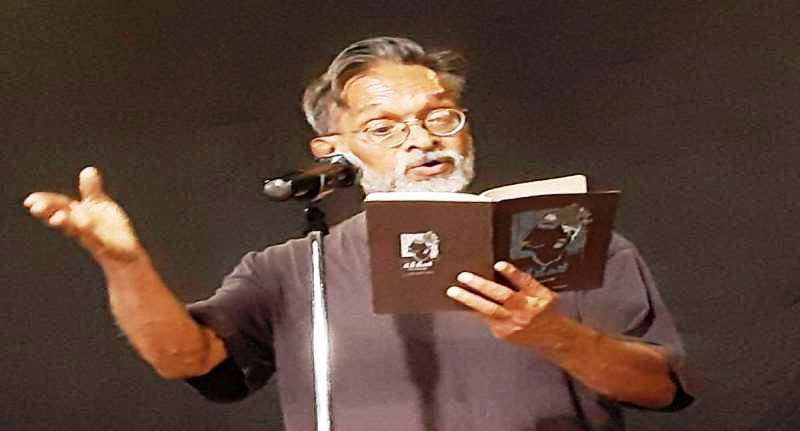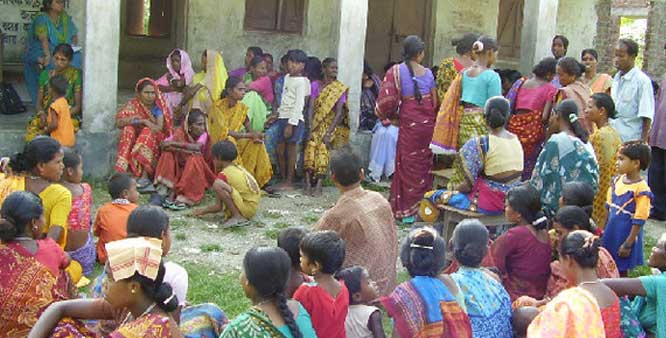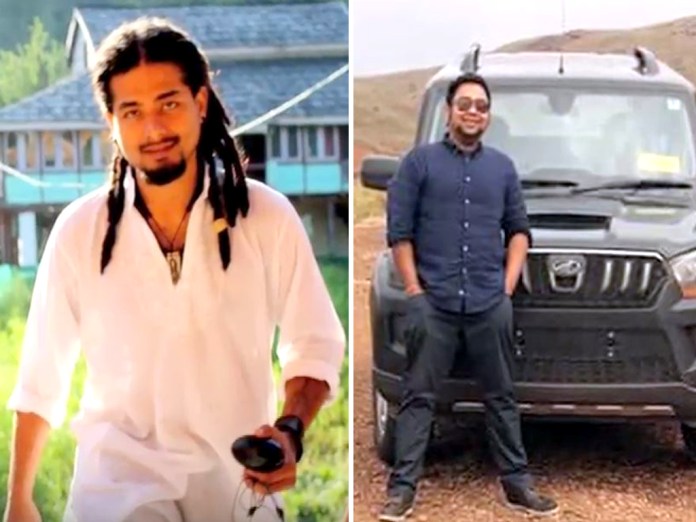The nation has faced many cases of lynching and the growth of intolerance towards the Dalits and other minorities rising over the last couple of years. The on-going atmosphere of hatred and violence towards people belonging to the minority religions and backward caste communities has amplified over the last couple of years and compelled a large section of the Indian population to live under constant fear of life. It is in this context that the decision taken by the acclaimed theatre activist S. Raghunandana becomes interesting to note. Ragunandana is a well-known theatre artist; playwright and poet who refused to accept the Sangeet Natak Academi award just a day after the awards had been announced. The eminent Kannada director showed his concern over the practice of stifling dissenting views of concerned intellectuals and activists in the country. He said,
“The Sangeet Natak Akademi is an autonomous institution and has been, on the whole, upholding its principles of autonomy through the years. However, there is mob lynching and violence in the name of God and religion. And even in the matter of what one eat. The power that can be directly, or indirectly, responsible for these deadly acts of murder and violence”
He said that by his decision he was not protesting but expressing his helpless inability to accept the award.
In his statement defending his stand, Raghunandana said “Mob-lynching and violence in the name of God and religion accompanied by the powers that are directly, or indirectly, responsible for these deadly acts of murder and violence have led to an atmosphere of injustice.” He also said that he knew that there were attempts underway to silence the voices of the underprivileged and the powerless by throttling the voices of “conscientious intellectuals and activists”. He also asserted that this wasn’t anything new and had happened despite the party which came to rule.
This decision by the well-known playwright is making news and drawing attention towards the growing hostility towards Dalits and minority religious communities in the nation and the perpetual stifling of consenting voices among intellectuals and activists. It brings our attention to this problematic situation and asks for immediate transformation towards the rebuilding of a free and open society.











